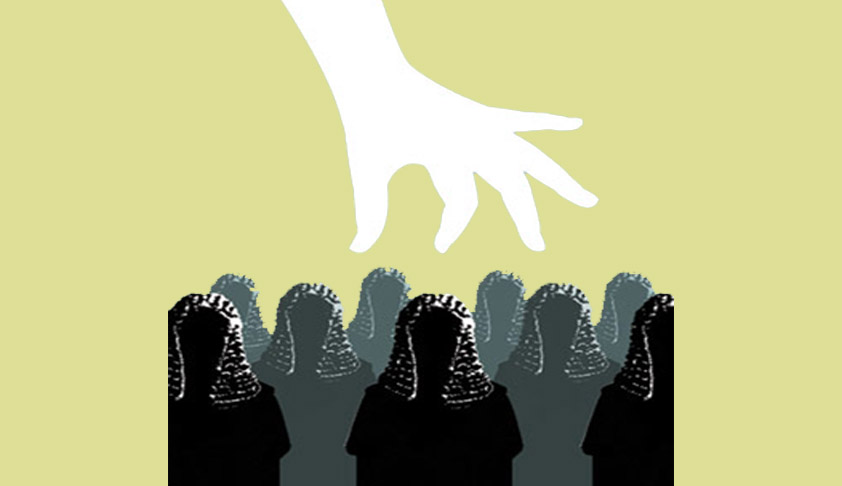Challenging validity of NJAC: SC refers Petitions to Constitution bench; refuses to grant interim stay on its operation
Apoorva Mandhani
7 April 2015 2:07 PM IST

Next Story
7 April 2015 2:07 PM IST
A three-Judge bench of the Supreme Court comprising of Justice A.R. Dave, Justice J. Chelameswar and Justice M.B. Lokur has referred to a larger bench, a batch of Writ petitions challenging the Constitutional validity of the National Judicial Appointments Commission Act.The Bench also refused to grant an interim stay on the operation of NJAC, saying that the petitioners are free to raise...
